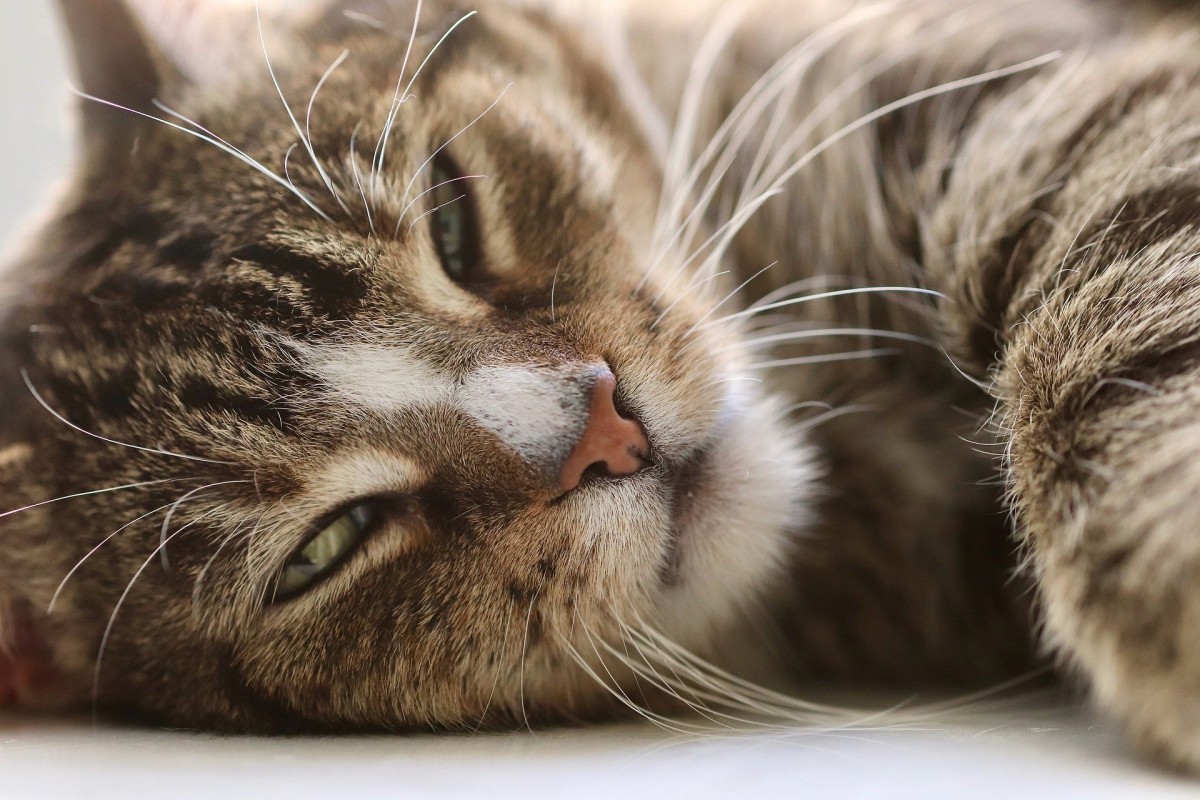At first glance the term ’animal welfare’ seems easy to define but this is far from the case. Animal welfare means different things to different people. To a farmer, it’s the welfare of his livestock. To a pet owner, it’s the welfare of his domestic animals. Definitions of ‘animal welfare’ vary widely. According to the Collins dictionary, it is ‘the protection of the health and wellbeing of animals’ Other definitions go further.
According to the Victoria State Government ‘Animal welfare describes how an animal is coping mentally and physically with the conditions in which it lives’. These conditions should include freedom from hunger and thirst, freedom from fear and distress, freedom from discomfort, freedom from pain, injury and disease, and the freedom to express normal behaviour.
The Victoria State Government goes on to say, ‘ People’s concerns about animal welfare are normally based on the idea that we should take steps to maximise the well-being of animals, especially where we use or interact with them. This includes animals in the wild, those we keep as pets, those we use as entertainment or research and those that we use as food.’ Inherent in this is the idea that we, as human beings, are responsible for the care and well being of our animal companions, be they wild, feral or domesticated.
However it is formally defined, animal welfare is a concern which stretches right around the world from the richest to the poorest countries who can often struggle with the practicalities of keeping their programmes going, which is why it is surprising that Cyprus is only just beginning to come to terms with the idea. One of the main concerns here, at the moment, according to APC leader, Kyriacos Kyriacou and Dr Andreas Artemiou of the Cyprus Veterinary Council in a recent article in the ‘Cyprus Mail’, seems to be centred around the increasing numbers of feral cats across the island. This concern is well justified. A fertile pair of cats, their offspring, and their offsprings’ offspring can quickly number in the thousands, given that each pair of cats has two litters of kittens per year. Not all will survive, of course, but even so the potential number of feral cats is phenomenal.
The worldwide answer to this problem is the trap-neuter-release programme run by organisations around the world. Under this programme, cats are humanely trapped, taken to a vet where they are neutered, and then released back in their home territory. The programme has many advantages. The main one is that it breaks the breeding cycle of cats, improving their lives by releasing them from the stress of constant mating and pregnancy and stabilising the size of cat colonies. Another advantage is that resources such as food aren’t so widely stretched and the cats become healthier. Spaying brings an end to mating behaviours, such as roaming, yowling, spraying and fighting which makes them better neighbours to their human companions. And ultimately, of course, it reduces the number of feral cats on the streets.
The trap-neuter-release programme was first introduced into the Paphos area in 1992, from Belgium. It went under the logo ‘Spay Cyprus’, a logo accepted by the Ministry of Agriculture and was an independent venture offering, and still offering, free spaying. Yet it is only in this year. 2019, that the government of Cyprus has decided to dedicate a miserly 75,000 euros to initiate an official TNR programme throughout Cyprus. Little or none of this money has gone to organisations who have been carrying out a TNR programme over the years, but has been swallowed up by some mysterious black hole. At a recent Animal Party conference it was announced that 800 cats have been spayed since the programme started early in 2019. Compare this to the sometimes 30 spays done daily by these other, voluntary organisations.
In order to facilitate TNR programmes around the world many of the involved organisations make use of student vets who are generally in their fourth or fifth year of training, and who, in Cyprus, often work under the auspices of the European wide ERASMUS programme and who already have had some experience under the eagle eyes of their tutors in their place of learning.
When working in countries other than their own, they work under the care and supervision of fully trained and registered vets; contrary to what people may believe they are never left to work unsupervised, and the care given to the animals is as good as can be provided in any good vet clinic. This is true whether the spaying takes place in the USA, the UK, India, the Phillipines or here in Cyprus, though available resources vary from country to country. Without this support, which benefits both the students by giving them basic surgical experience that will be beneficial once they start work as qualified vets and the countries in which they work by helping to control the number of feral cats, the TNR programmes worldwide would founder. It is disheartening to hear such inflammatory phrases as ‘cats being used as experiments’ and ‘it’s inhuman’ being used to describe the work of those who give up their time and use their skills to further the TNR programmes.
It is to be hoped that the Cyprus Government will extend its nascent animal welfare programme, not only for cats, through the TNR programme but also for dogs through the free microchipping programme which has just been extended into 2020. There is much to be learnt from organisations who have been dealing with this problem for many years, who have struggled to raise the necessary funds to keep the scheme going because of lack of government support and much to be gained from mutual co-operation rather than mounting attacks on those with a proven record in the field. After all, worldwide experience in TNR has shown that such a programme cannot carry itself financially and always needs support and sponsors, whether from governmental or other sources.
For more information visit Paphiakos & CCP Animal Welfare






